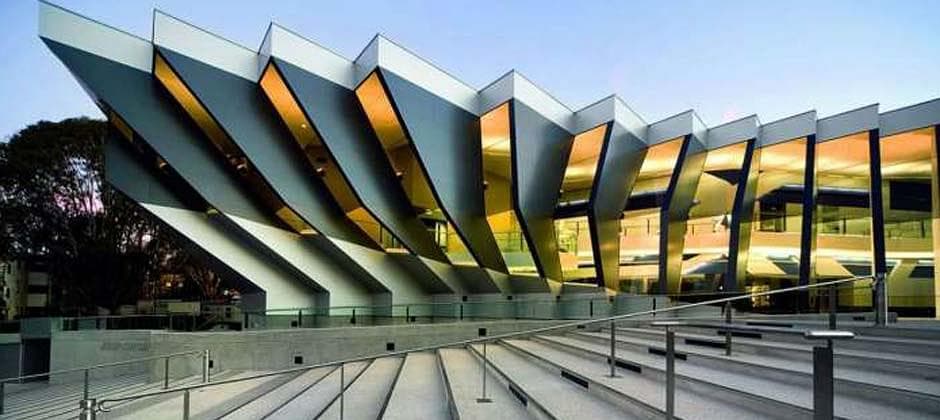Program Structure
The Masters of Science (Advanced) in Astronomy & Astrophysics requires the completion of 96 units, of which:
48 units must come from completion of the coursework component
48 units must come from completion of the research component
A minimum of 48 units must come from completion of 8000-level courses
The 96 units must consist of:
18 units from completion of the following compulsory courses:
A minimum of 12 units from completion of courses Astronomy & Astrophysics courses from the following list:
-
ASTR8002 Astrophysical Gas Dynamics (6 units)
-
ASTR8003 High Energy Astrophysics (6 units)
-
ASTR8004 Astronomical Computing (6 units)
-
ASTR8005 Stellar Atmospheres and Spectroscopy (6 units)
-
ASTR8006 Galaxies (6 units)
-
ASTR8007 Diffuse Matter in the Universe (6 units)
-
ASTR8008 Star Formation (6 units)
-
ASTR8011 Observational Techniques (6 units)
-
ASTR8016 Optical Instrumentation (6 units)
A maximum of 6 units from completion of Complementary Science courses from the following list:
-
COMP6464 High Performance Scientific Computing (6 units)
-
COMP6730 Programming for Scientists (6 units)
-
COMP8300 Parallel Systems (6 units)
-
COMP8410 Data Mining (6 units)
-
COMP8600 Statistical Machine Learning (6 units)
-
EMSC6022 Planetary Science (6 units)
-
MATH6103 Scientific and Industrial Modelling (6 units)
-
MATH6111 Scientific Computing (6 units)
-
MATH6201 Topics in Computational Mathematics (6 units)
-
MATH6202 Theory of Partial Differential Equations (6 units)
-
PHYS6101 Advanced Quantum Mechanics (6 units)
-
PHYS8015 Photonics Laboratory (6 units)
-
PHYS8721 Advanced Imaging Methods and Systems (6 units)
-
STAT6038 Regression Modelling (6 units)
-
STAT6039 Principles of Mathematical Statistics (6 units)
-
STAT7001 Applied Statistics (6 units)
-
STAT7016 Introduction to Bayesian Data Analysis (6 units)
12 units from completion of Science and Society Courses from the following list:
-
SCOM6003 Science in Popular Fiction (6 units)
-
SCOM6015 Speaking of Science (6 units)
-
SCOM6501 Strategies in Science Communication (6 units)
-
SCOM8014 Communicating Science with the Public (6 units)
-
SCNC8000 Science Internship (6 units)
-
VCPG6003 Leadership and Influence in a Complex World (6 units)
48 units from completion of the following research component:
Students must achieve a minimum 70% Weighted Average Mark in the first 24 units of coursework and have the approval of the supervisor for the research project to remain enrolled in the Master of Science (Advanced) Astronomy & Astrophysics and continue to the research component. A condition of supervisor approval is that the research project is feasible and it should be noted that the majority of research projects will require on campus attendance.
If the total number of units attempted exceeds 24 in the in the same teaching period in which the 24th unit is attempted, exactly 24 units will be used in the calculation of the weighted average mark with units from the course with the highest mark applied first followed by further units from course in descending order of marks.
Students who do not achieve a minimum 70% Weighted Average Mark or do not have approval of an identified supervisor will be transferred to the Master of Science in Astronomy & Astrophysics or the Graduate Diploma of Science.
Master Research
Masters (Advanced) program that meets this requirement through the substantial research-based project
Master Research Training
A student enrolled in the MScAA(Adv) program will take the ASTR8010, Astrophysics Research Project, course three times throughout the degree. This corresponds to 48 units of research training. The research component provides the opportunity to enhance and develop detailed knowledge and skills in a specific area of astronomy and astrophysics. It may include the acquisition and analysis of telescope data, the development of theoretical models, or the development and testing of new astronomical instrumentation.
